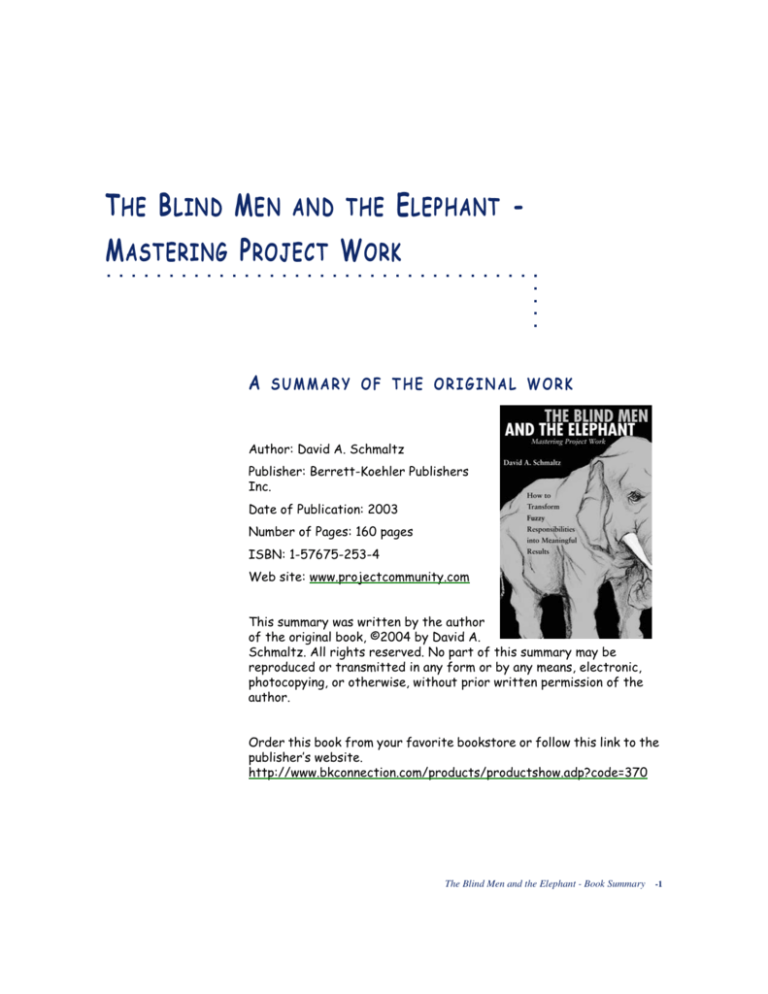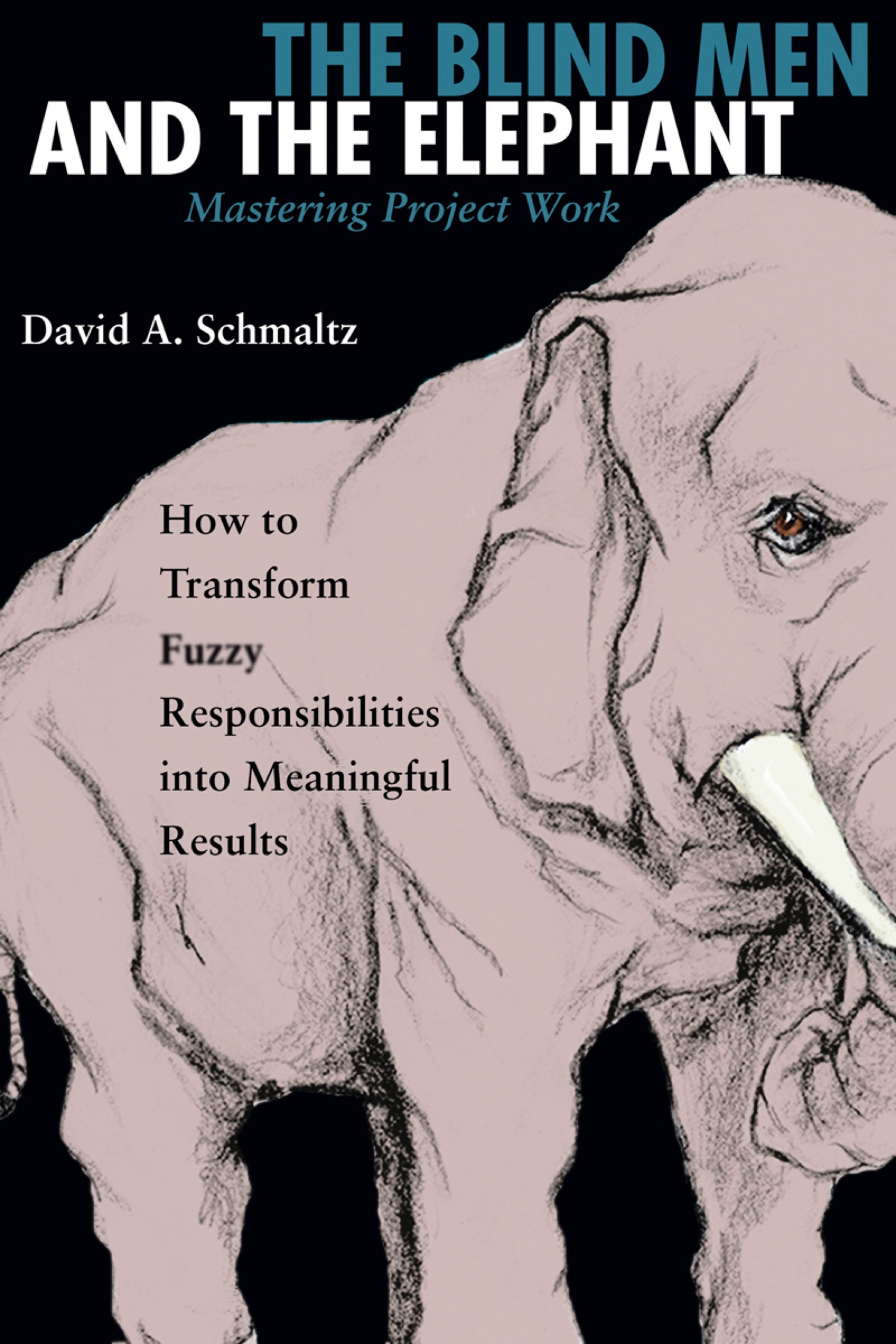
This metaphor is an adaptation of the old Indian folk tale which later popularized by John Godfrey Saxe. So before forming or stating an opinion, try and understand the complete context first or be aware of any blinding biases so your perceptions are not limited.The Six Blind Men and The Elephant PowerPoint. Theories and their application to different contexts.Īlthough each of our opinions may be true, we need to remember that they are probably not based on the whole picture, and people’s perceptions and interpretations of the same topic will be different. University lecturer asks us to be more open-minded about positive psychology Metaphor in many different disciplines including in my studies when my

Not one of them has seen! John Godfrey Saxe

The story became well known in Europe in the 19th century when the American poet John Godfrey Saxe created his own version of the story as a poem, with a final verse that explains that the elephant is a metaphor for God, and the various blind men represent religions that disagree on something that no one has fully experienced. And yet another person may have a differentīelief based on their subjective experience of it. Humans we have a tendency to claim a truth about something based on our In other versions of the story, the group stop talking, start listening to one another and then collaborate to describe the entire elephant. None of them realise that they are all experiencing just one part of the same elephant and that none of their explanations are complete. They are convinced that their own explanation is correct and that the others are wrong.

Given their interactions with the elephant differ from one another, each man believes that the others are lying and they come to blows. Some of the men described it as ‘a spear’ (referring to the tusk), ‘a snake’ (the trunk) and ‘a fan’ (the ear). The men had never encountered an elephant before, and each makes contact with a different part of the animal. There is a parable originating in India millions of years ago that tells the story of six blind men and an elephant. In an earlier post, I mentioned the limitations of negative biases, yet we also need to ask what other biases are blinding us?

How often do you come across someone who makes a statement based on their limited or isolated understanding of a topic and believes it to be the only truth? I see this a lot in the media and in my own circles, and I am happy to put up my hand and say I am guilty too.


 0 kommentar(er)
0 kommentar(er)
